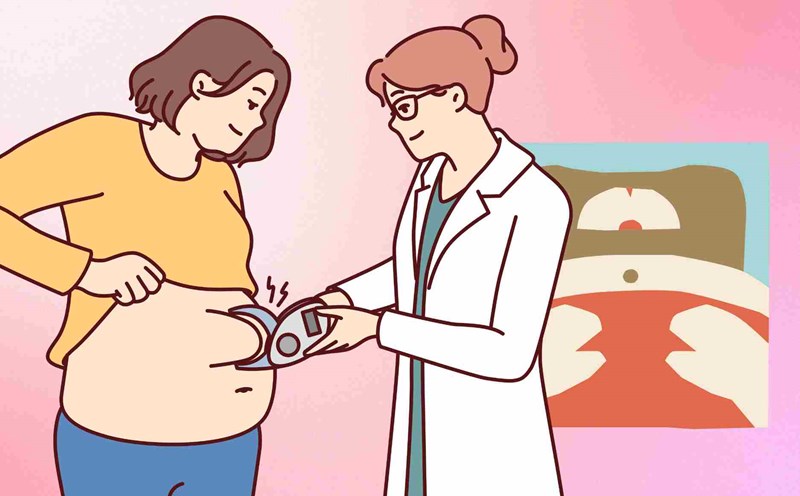Water needs change with age and lifestyle
For many years, the rule of 8 glasses of water a day has been considered a popular standard. However, scientists confirm that this is not true for everyone. Water needs depend on many factors, from age, level of exercise to weather conditions.
According to the American Academy of Sciences, Technology and Medicine, the recommended daily water intake for adults is 3.7 liters (about 15.5 glasses) for men and 2.7 liters (about 11.5 glasses) for women. This includes water, water in food and other beverages.
Rebecca Valdez, MS, RDN, a nutritionist in Colorado, USA, emphasized: "The important thing is not to follow the 8- cup number, but to ensure the body is hydrated based on actual needs and physiological signals".
Pregnant women, mothers, the elderly, and athletes all need water levels higher than average. On the contrary, people with heart disease, kidney disease or are taking water retention drugs need to closely monitor their water intake.
Exercise, climate and eating habits greatly affect water needs
Water plays an important role in regulating body heat, lubricating joints, transporting nutrients and eliminating toxins. Therefore, drinking enough water before, during and after exercise is necessary to maintain performance and health.
The body loses more water when you are exercising or in hot, humid environments, says Dr Kimberly Brown, a US medical expert. If not compensated promptly, the risk of dehydration, dizziness and cognitive decline will increase".
The general recommendation is to drink 17 - 20 ounces of water (about 500ml) two hours before exercising, 7 - 10 ounces after every 20 minutes of exercise, and at least 8 ounces immediately after finishing the exercise. With activities lasting more than 60 - 90 minutes, electrolyte drinks will help balance minerals and maintain muscle function.
Experts also emphasize that not only filtered water, fruits, vegetables, soups and low-sugar drinks also contribute significantly to daily fluid intake.
Don't just look at numbers, listen to your body
In fact, there is no single standard formula to accurately determine the amount of water to drink. Urinary color is a simple indicator: light yellow, clear and odorless color often reflects hydration.
Re Re Rebic Valdez recommends: Instead of forcing yourself to drink 8 glasses, let your body take the lead. Drink when thirsty, monitor urine color and adjust water intake based on lifestyle, climate, and personal health."
In addition, maintaining the habit of drinking water evenly throughout the day, combined with water-rich foods such as watermelon, oranges, soups or green vegetables, will help the body maintain a balanced and healthy state.











